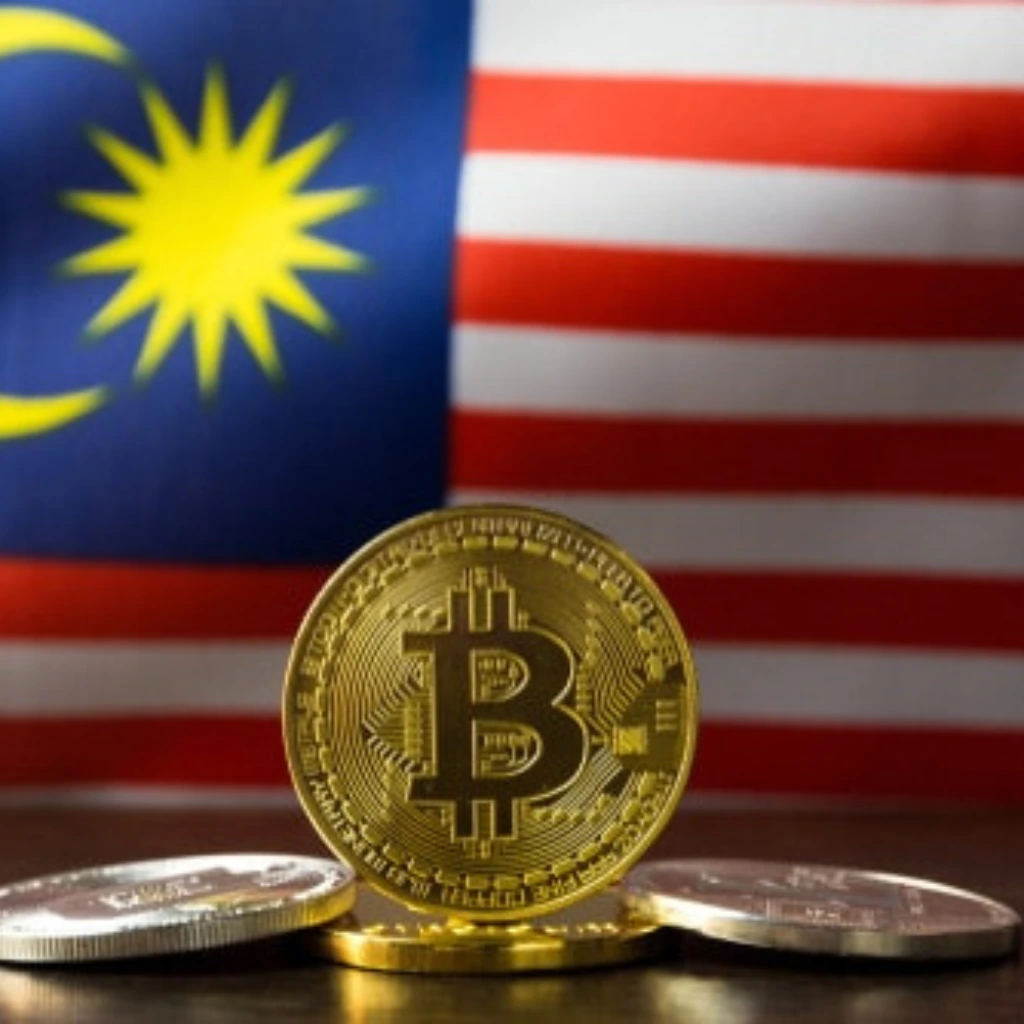Tokenizing Real Assets Isn’t Just Possible — It’s Inevitable (Like It or Not)
Tokenizing Real Assets Isn’t Just Possible — It’s Inevitable (Like It or Not)
You’ve heard the term — “tokenizing real assets.” Maybe at a crypto panel, maybe in a dry investment newsletter, maybe from a friend trying to explain why they now “own part of a building in Dubai.” Let’s be honest: at first glance, it sounds like techno-babble. But here’s the uncomfortable truth — it’s real, and it’s happening faster than most people think.
And whether you’re excited, confused, or outright skeptical, it’s worth understanding. Because this isn’t just about blockchain hype — it’s about how we’ll own things in the future.
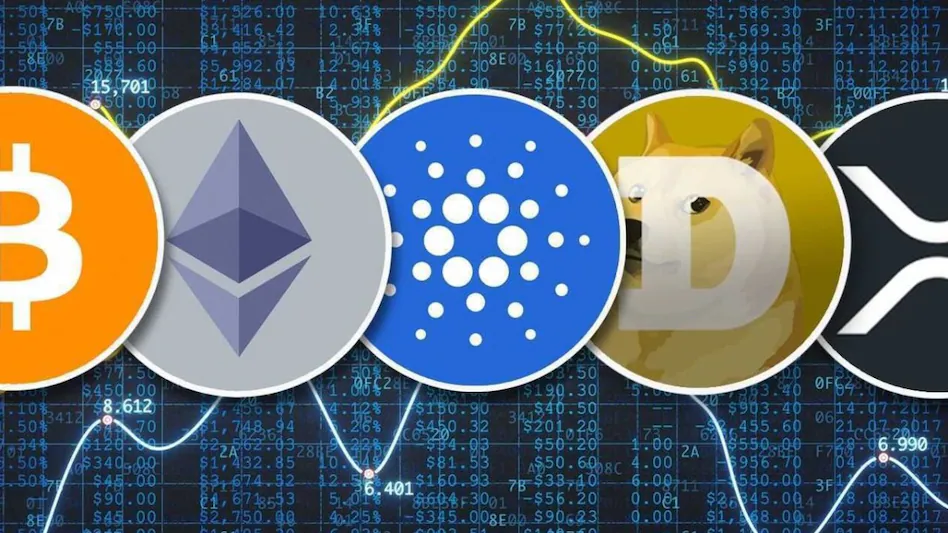
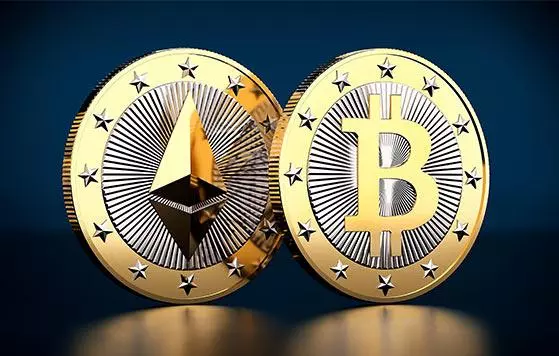
So, What Exactly Is Tokenization — and Why Should You Care?
Let’s cut through the jargon. Tokenizing real assets means taking something physical — a house, a gold bar, a rare painting — and creating a digital token that represents ownership (partial or full) on a blockchain.


That’s it. But the implications? They’re anything but small.
Instead of needing half a million dollars to buy an apartment, maybe you just need a few hundred to buy a fraction of one. Or to invest in a wine cask in France. Or a Picasso, split into a thousand tradable tokens. Suddenly, the previously untouchable world of high-value assets starts looking a lot more… accessible.
Sounds revolutionary, right? Well, it is. But let’s not get carried away — this shiny future still has some dents.
Tokenizing Real Assets: The Good, The Compelling, and the “Wait, What?”
Let’s start with the upside. Tokenization promises liquidity in markets that were never liquid. You can buy in and cash out without months of paperwork, agents, or lawyers. You’re no longer geographically locked — someone in Seoul could invest in a Manhattan office block.
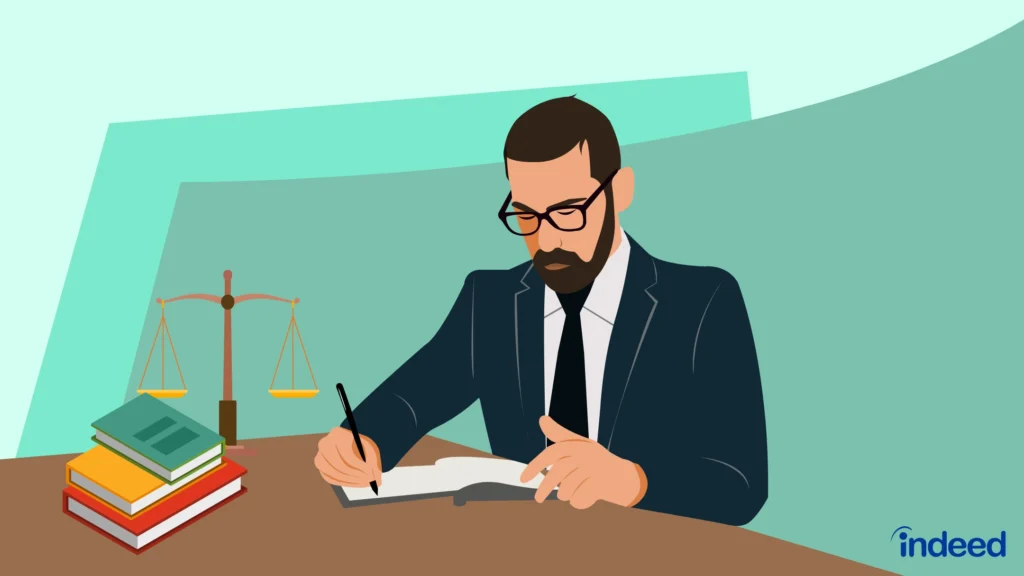

And there’s a social angle, too. This could be a game-changer for democratizing access to wealth. Not everyone can buy a building, but maybe more people can own part of one.
But — and it’s a big but — this isn’t utopia.
Let’s Talk About the Messy Bits
First: trust. How do you know that the token you’re buying is actually backed by the asset it claims to represent? Is there legal enforcement? Custodianship? A smart contract isn’t a court of law.
Second: regulation. The gray area is massive. In some places, tokenized real estate might be considered a security. In others, it might not. The regulatory frameworks are inconsistent at best, and nonexistent at worst.
Third: tech literacy. The irony of tokenization is that while it promises broader access, it often excludes those who aren’t already comfortable with digital wallets, blockchains, or DeFi platforms. So the “democratization” angle? It’s real — but only for those in the know.
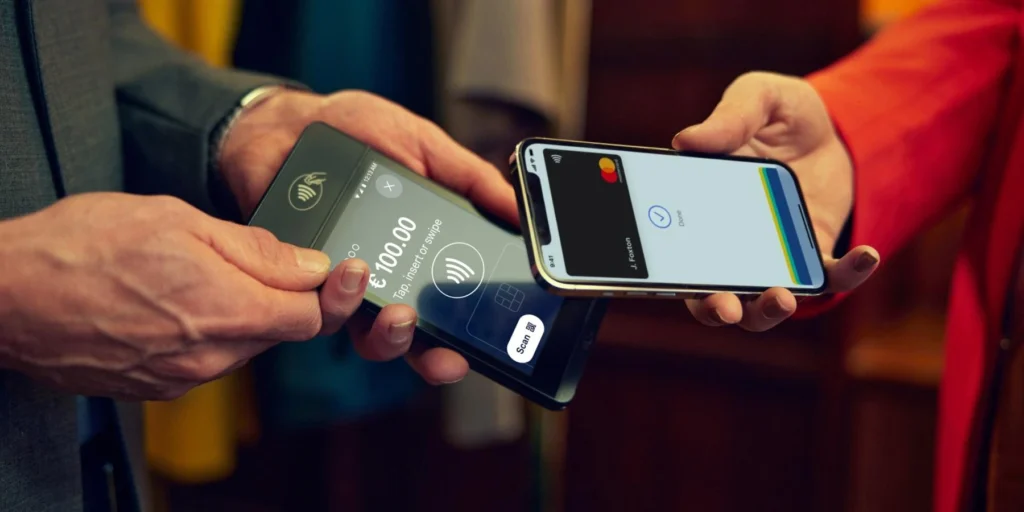
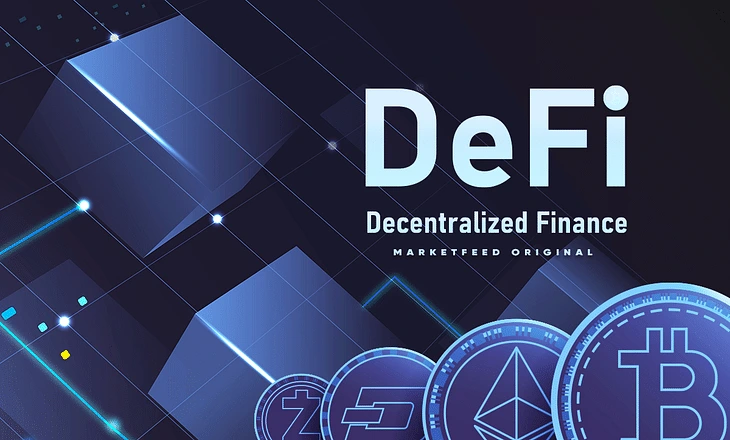
Real-World Examples — And Yes, They’re Already Here
If you think this all sounds theoretical, think again.
- Buildings in New York, Berlin, and Dubai have already been tokenized and fractionalized.
- Gold reserves in Switzerland are now backing blockchain tokens.
- Art from Banksy and others has been turned into digital shares.
- Even fine whiskey, farmland, and carbon credits are getting sliced and digitized.
In other words: the train’s already left the station.
Opinion: Why You Should Pay Attention — Even If You’re Not Into Crypto
Here’s the thing. Tokenizing real assets might not be perfect, but it’s pushing us toward an important conversation about what ownership means in a digital age. And like it or not, the rules are changing.
This isn’t just a playground for crypto bros or Silicon Valley visionaries. It’s a shift that could impact how everyone — from young investors to major institutions — thinks about property, investment, and access.
Do I think everything that’s being tokenized right now is legitimate? No. Far from it. There are scams, overpromises, and a ton of overengineered nonsense.
But the core idea? Giving more people a chance to own real, meaningful assets? That’s powerful.
Final Take: Tokenizing Real Assets Is Not a Fad — It’s a Fork in the Road
So, can we tokenize real-world assets? Definitely. Should we? That depends. But we are doing it, and that means we need to be thinking critically — not just technically.
Tokenizing real assets isn’t about turning everything into crypto. It’s about reimagining ownership in a world where borders are digital and finance is software.
Ignore it if you want. But don’t be surprised when, five years from now, your neighbor tells you they bought a slice of a skyscraper on their phone.
And honestly? You might wish you had, too.
Relevant Link : Here

